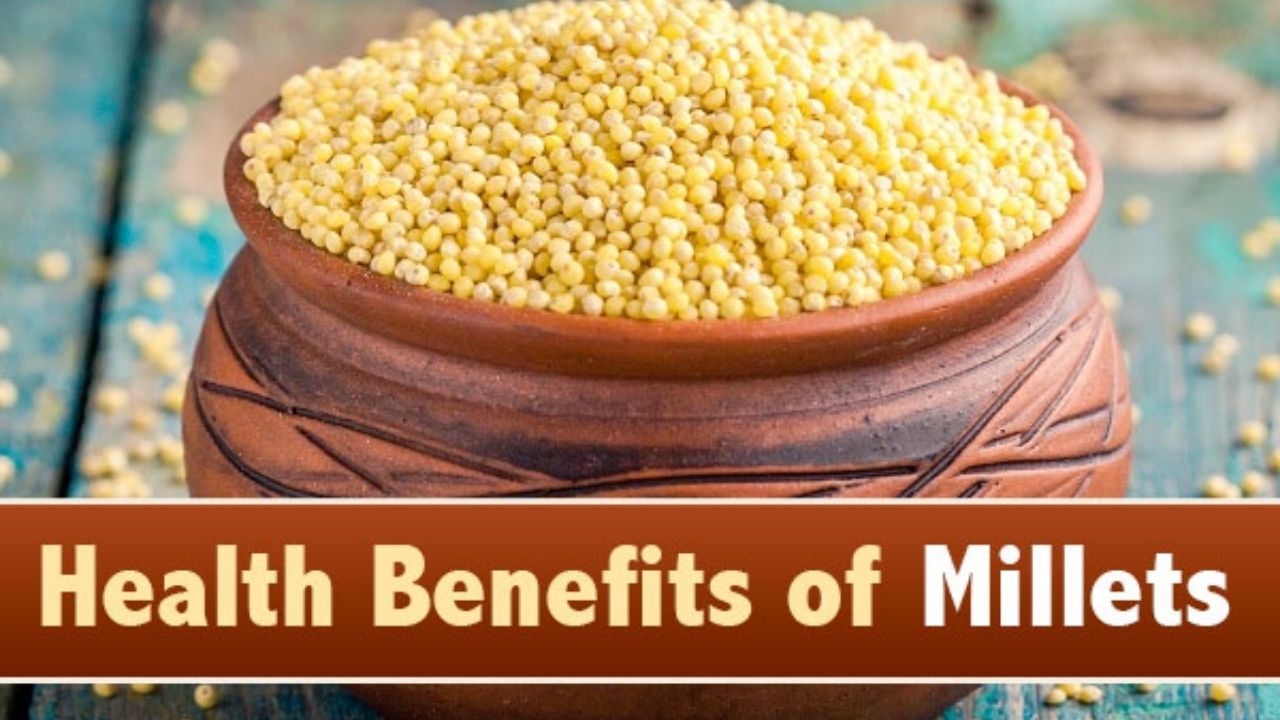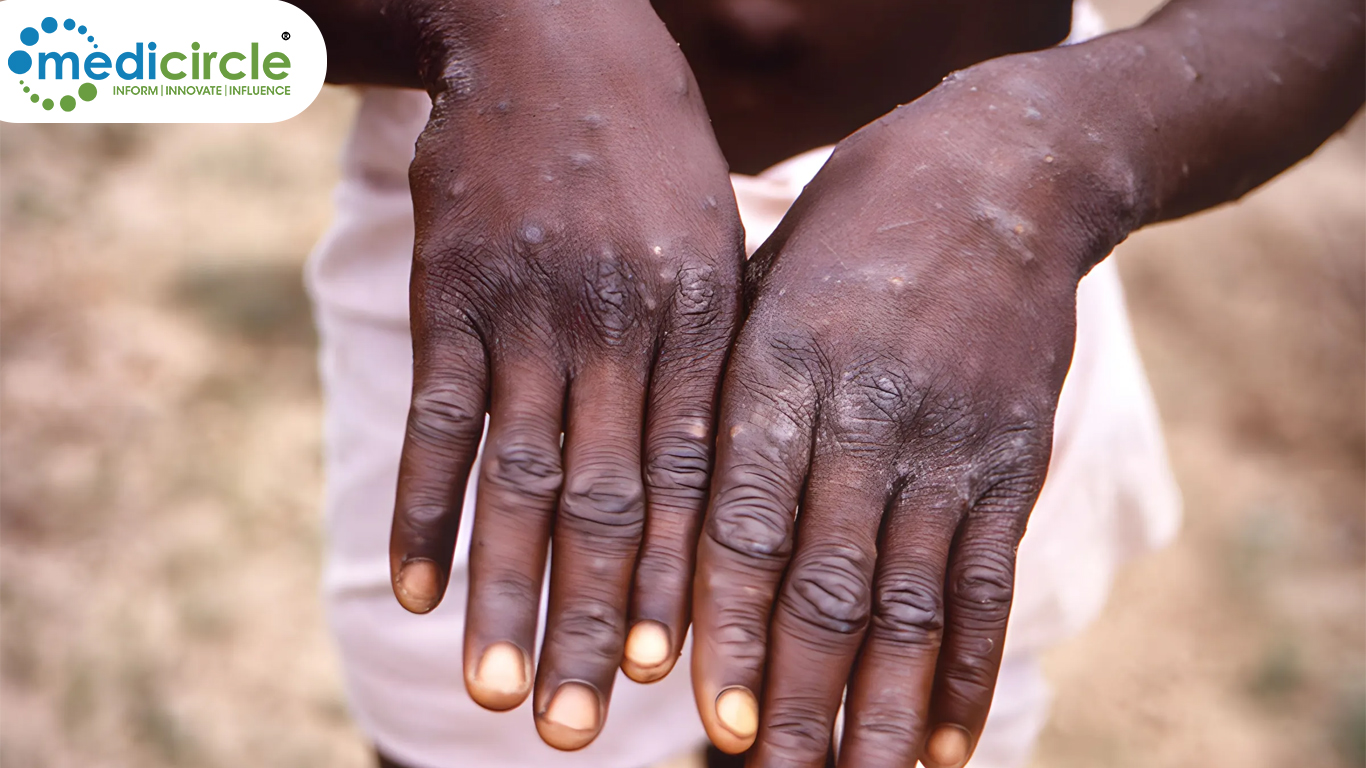Millets - Millets are coarse grains that have been traditionally grown and eaten in the Indian subcontinent for the last 5000 years. They contain high nutritional value and are rich in proteins, vitamins, minerals, and fibers. Unlike other cereals, millets require little water and ground fertility.
Uses
Millets are gluten-free Millets detoxify the body. Niacin present in millet can help in lowering cholesterol levels. Prevents breast cancer. Helps to prevent type 2 diabetes. Helps in protecting against CVD. Reduces the risk of GI conditions like gastric ulcers and colon cancers.Different types –
Foxtail millet - Foxtail millet, or as it is indigenously called, kakum/kangni is commonly available as semolina or rice flour. It contains blood sugar balancing healthy carbohydrates. It's iron and calcium content also help strengthen immunity. It helps regulate your blood cholesterol and increases HDL cholesterol levels in your body.
Finger millet/Ragi – It is used as a healthier cereal substitute for rice and wheat. Ragi is gluten-free and rich in protein and amino acids. Ragi is supposed to aid brain development in growing children.
Pearl millet/Bajra - Bajra is incredibly nutrient-dense. It contains minerals such as calcium and magnesium, protein, fiber, and iron. Practicing daily consumption of pearl millet can be very beneficial for your health, such as helping you fight against Type II Diabetes.
Jawar/Sorghum - Sorghum is loaded with a variety of nutrients including Vitamin B, magnesium, and antioxidants -flavonoids, phenolic acids, and tannins. The B vitamins play a crucial role in boosting the metabolism and improving the quality of hair and skin, while magnesium promotes bone and heart health. Furthermore, 96 grams of sorghum provides approximately 20 percent of the recommended daily fiber intake. Fiber promotes gut health, regularises your blood sugar levels, and aids weight management.
Amaranth/Rajgira - Amaranth is an ancient grain that has gained wide popularity in recent times. The food grain is rich in fiber, protein, magnesium, phosphorus, and iron. Amaranth contains a high amount of manganese, exceeding your daily nutrient needs in just one serving. The protein and fiber content in it help to build muscles and maintain digestive health. In fact, amaranth is more nutritious than quinoa.

 Millets can be used as food grain, as a cereal substitute. You can prepare lunch out of it, make porridge, infuse it into your cupcake. Read on to know some important and beneficial uses of millets
Millets can be used as food grain, as a cereal substitute. You can prepare lunch out of it, make porridge, infuse it into your cupcake. Read on to know some important and beneficial uses of millets







.png)

.png)










.jpeg)


.jpeg)



.jpeg)
.jpeg)






.jpeg)





